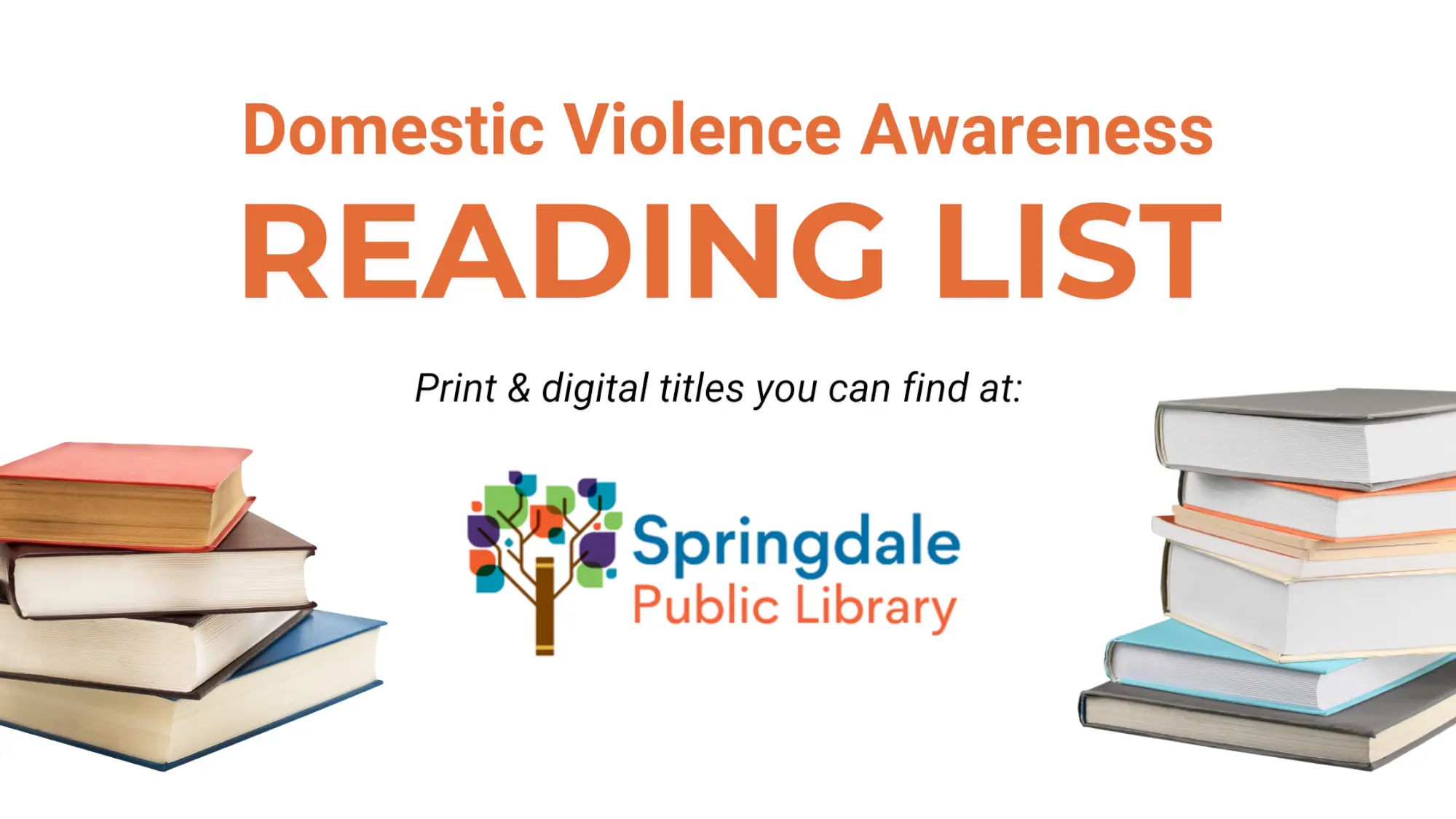
By Abbey Cates
Gaslighting is a term that originates from a 1930’s play, in which a husband drove his wife to a breaking point when he dimmed lights in their house every day for a period. When she confronted him, he denied the action and dismissed her recollection of the events. It is a term used to describe a form of verbal abuse in order to control and dominate the victim to lead them astray from the truth.
There are various techniques that abusers will use to control a victim. This might look like making the victim’s feelings seem less than or non-important. The abuser might claim the victim is “too sensitive,” and there is no reason for them to be upset about something, their actions specifically. While a victim might know the series of events that unfolded, an abuser will deny them as accurate or might even “forget” what truly occurred. However, even bringing up a particular subject might be difficult, as the abusive partner will try and change the subject before it is even discussed. This is to give the abusive partner ultimate control in the relationship. Gaslighting is a dangerous tactic used in abusive relationships because it can happen so gradually, you might not even notice it at all. While it is a form of verbal abuse, it can overlap with other forms of abuse. This could include emotional, physical, or even financial abuse.
While you might think you are in a healthy relationship, arguing every day and stepping over your partner’s toes to make sure you say the right thing, is not healthy. You should not wonder if you are going to have a good day, or if they are going to put in the effort to listen to you today. They might make you question your judgement; say you are going “crazy” or even criticize you. All the while they are questioning what you really know and believe. This can lead to a feeling of isolation or depression. It can be difficult for a victim to confide in someone because they have been told they are not to be trusted. This can lead them to rethink whether they want to leave or not; it can trap someone. There are some important questions to ask yourself when wondering if your partner is gaslighting you. Consider if you are being gaslighted if you feel you have to, apologize to your partner or others constantly, feel as if you are becoming distanced from your friends and family, are doubting your own confidence and intelligence, you doubt if you know what version of events truly happened, you are making excuses for your partner’s behavior, you find yourself lying to yourself and others to excuse your abusive partner’s behavior, or if you wonder if you are “good enough” for your partner.
Relationships should be happy all the time, not just the times you aren’t feeling manipulated. You should never feel less than your partner or feel like you are walking on eggshells around them. Gaslighting is a real form of verbal abuse and domestic violence that can happen to anyone, rather than a term the media has coined.
References:
https://www.mycwa.org.uk/gaslighting
https://www.domesticshelters.org/articles/ending-domestic-violence/a-guide-to-gaslighting



